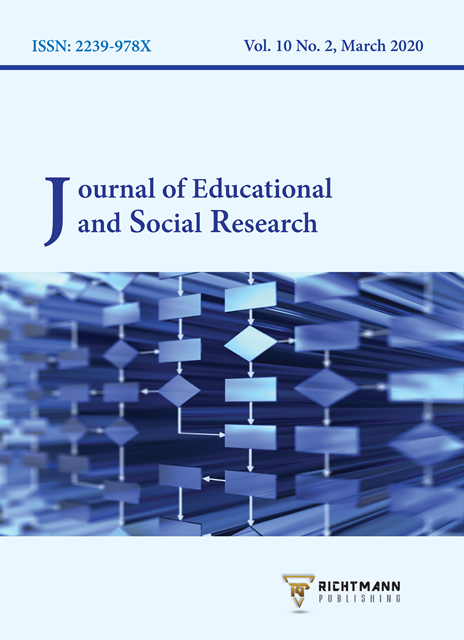The Impact of Summer Reading on Young Learners’ Foreign Language Acquisition
DOI:
https://doi.org/10.36941/jesr-2020-0022Abstract
The aim of the research was to solve a problem of sustaining and developing foreign language skills and abilities by young learners during long-lasting summer holidays. The analysis of the current situation in Ukrainian education sector showed that reading a book continues to be one of the few tools for English revision in summer. There has been little research targeting on studying the impact of summer reading on young learners’ foreign language acquisition, so the experiment in which 240 young learners (aged 8-9) took part was conducted. Both the experimental (n=120) and control (n=120) groups were pre-tested and post-tested in May and September 2019 respectively, and the children’s skills and abilities in reading comprehension, vocabulary, speaking, writing and creativity were checked. The data obtained before the experiment showed almost the similar level of language acquisition in both groups. The results of the experiment indicated significant progress of the participants of the experimental group in every aspect of English. The main factors which played the crucial role in young learners’ enhancements were access to English readers, comprehensibility of the reading materials which were elaborated specially for the children’s language needs, interesting topics, reading for pleasure and enjoyment without tasks, tests or marks, and parental support. These results proved the reasonability of integrating summer reading in teaching foreign languages in primary school and induced the creation of English readers for all grades of elementary education.
Downloads
Downloads
Published
Issue
Section
License
This work is licensed under a Creative Commons Attribution-NonCommercial 4.0 International License.









